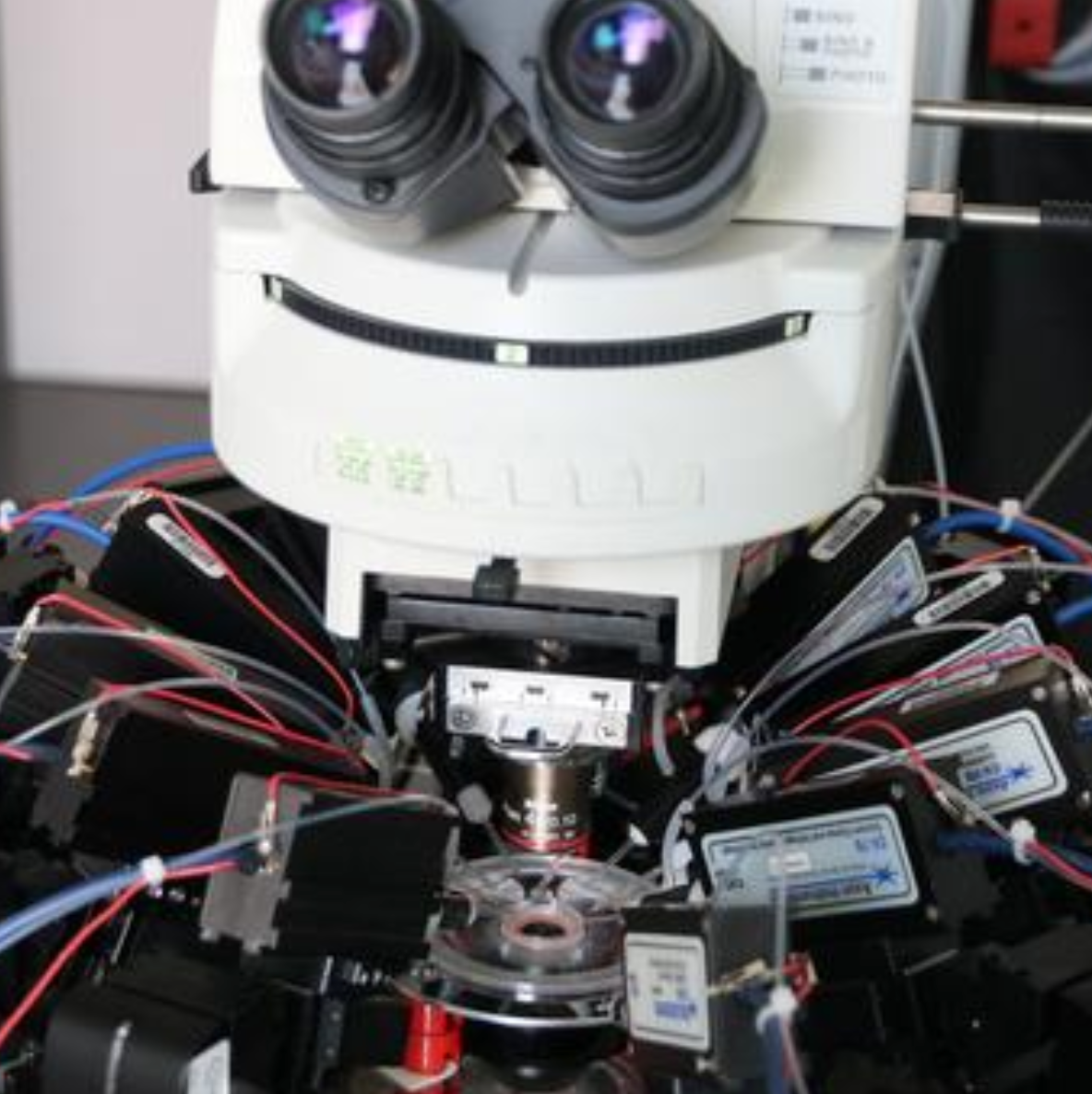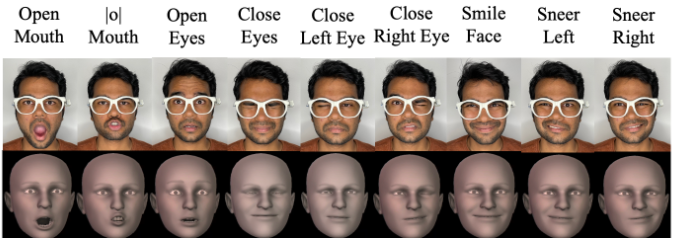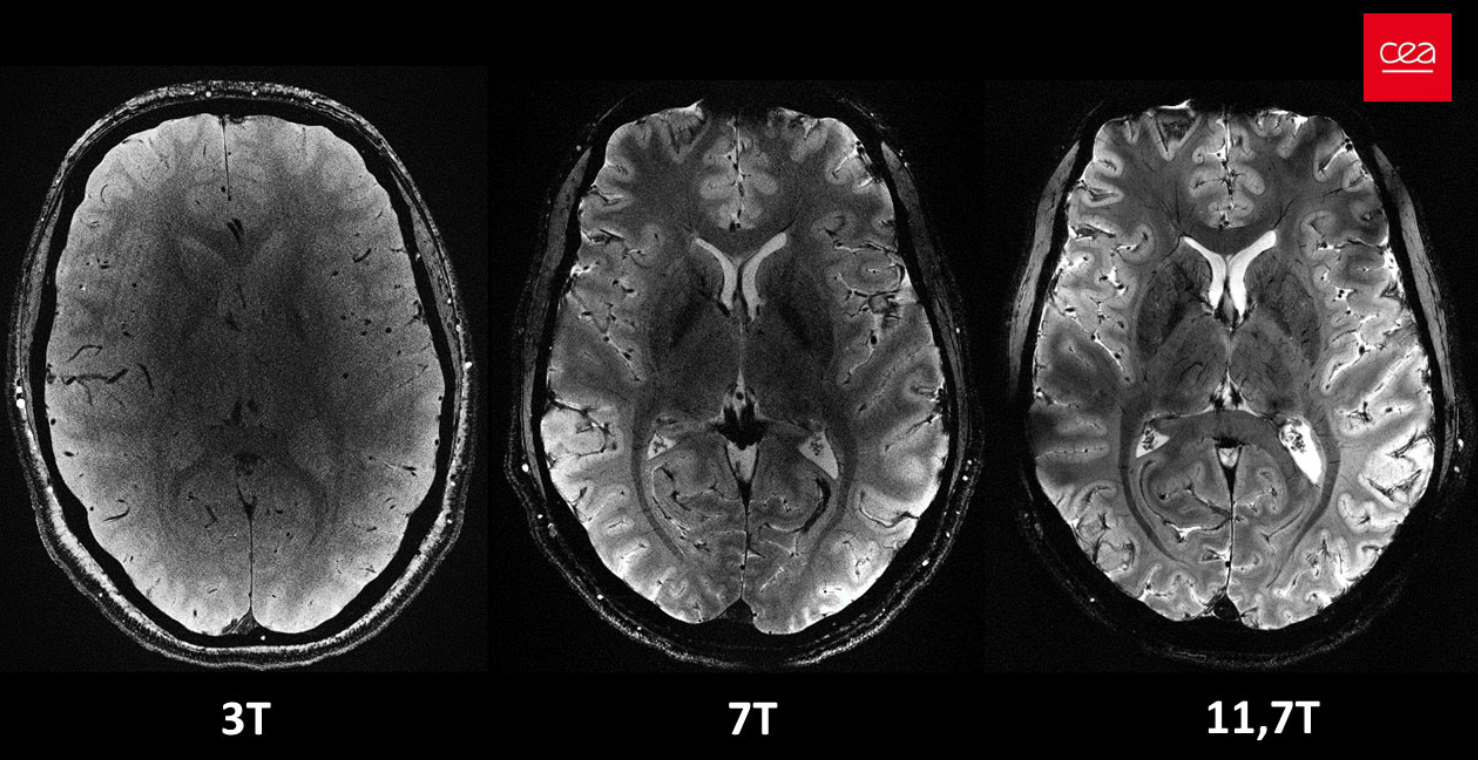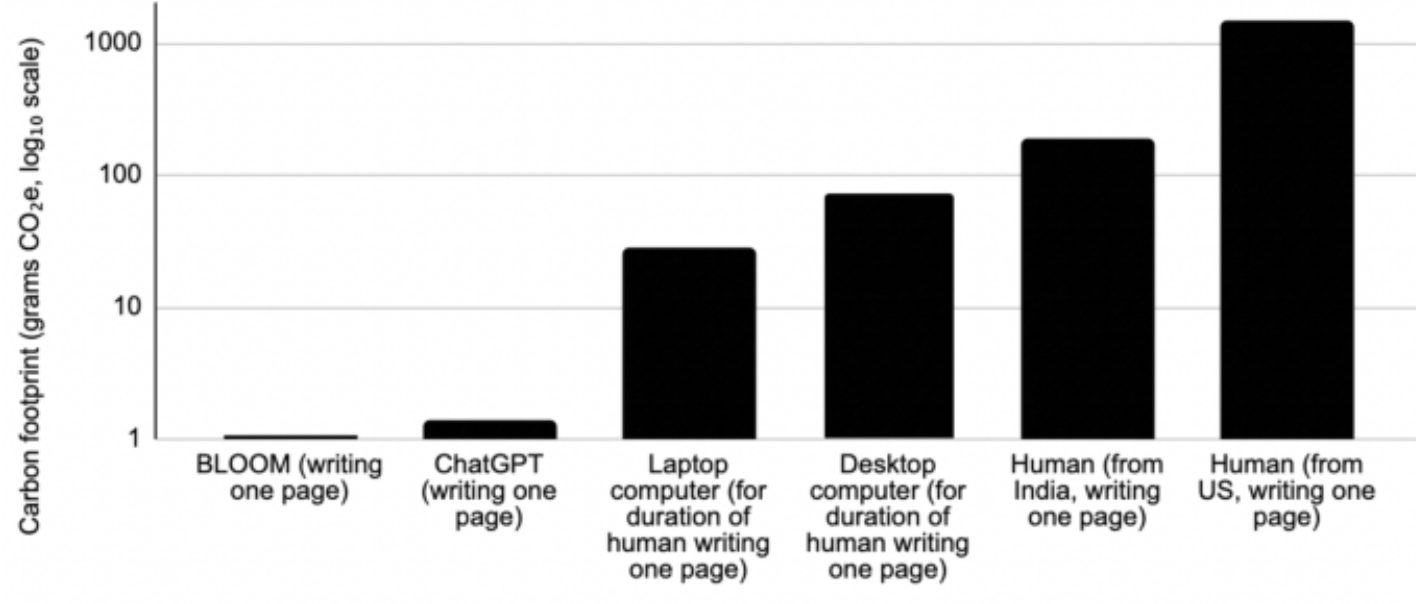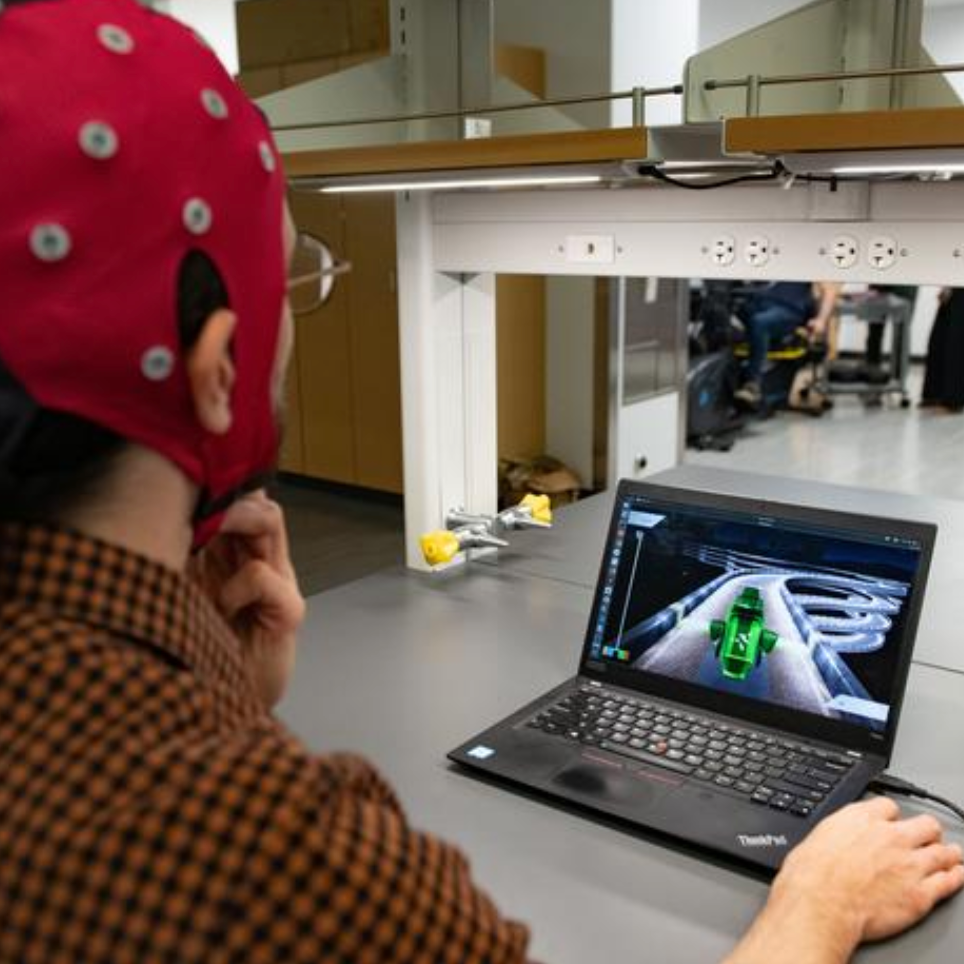Contrary to previous assumptions, nerve cells in the human neocortex are wired differently than in mice, according to a new study conducted by Charité–Universitätsmedizin Berlin and published in the journal Science.
In mice, signals tend to flow in loops, while human neurons communicate in one direction, which increases the efficiency and capacity of the human brain to process information, the researchers suggest.
For the study, the researchers examined brain tissue from 23 people who had undergone neurosurgery at Charité to treat drug-resistant epilepsy and granted permssion to the researchers.
It isn’t clear yet whether their findings within the outermost layer of the temporal cortex extend to other cortical regions, or how well they might explain the unique cognitive abilities of humans.
Multitasking advantage
“The directed network architecture we see in humans is more powerful and conserves resources because more independent neurons can handle different tasks simultaneously,” the researchers explain.
In the past, AI developers have looked to biological models for inspiration in designing artificial neural networks, but have also optimized their algorithms independently of the biological models.
Many artificial neural networks already use some form of this forward-directed connectivity because it delivers better results for some tasks, the researchers note.
Citation: Peng Y. et al. Directed and acyclic synaptic connectivity in the human layer 2-3 cortical microcircuit. Science 2024 Apr 18. 10.1126/science.adg8828
Let us know your thoughts! Sign up for a Mindplex account now, join our Telegram, or follow us on Twitter.


.png)

.png)


.png)
